How to sleep when you're feeling anxious
Two psychologists share their expert coping strategies for those nights when you're too anxious to sleep
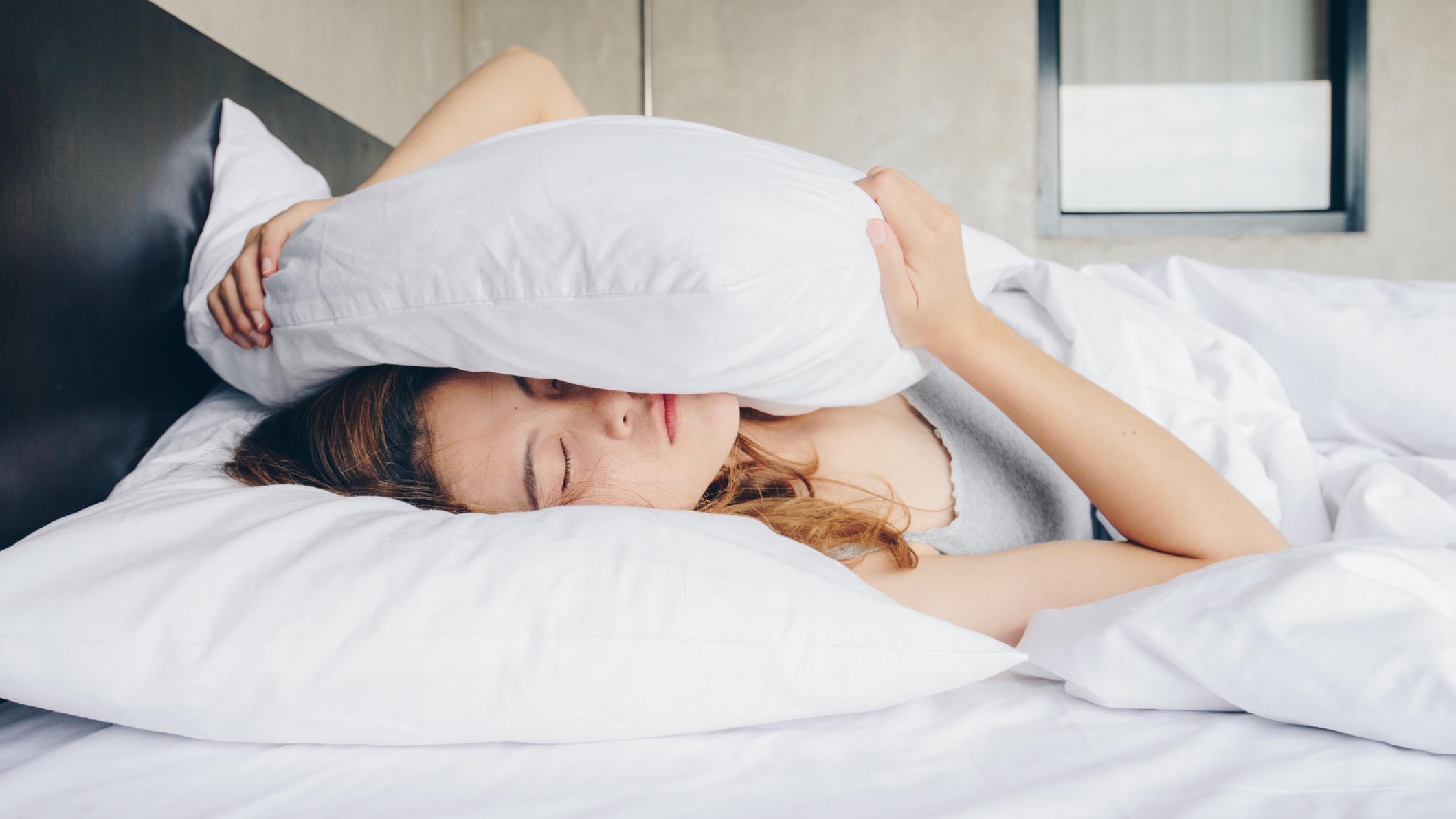
Trying to fall asleep (and stay asleep) when you're feeling anxious and stressed isn't easy. Anxiety doesn’t own an alarm clock and it doesn’t care that you’re trying to get some shut-eye, which can make some nights feel as though they'll never end. If your worries are keeping you awake, it’s time to take action. To help you, we've teamed up with two experts to gain their advice on how to sleep with anxiety – and better still, how to keep your worries out of the bedroom.
Dr Audrey Tang is a chartered psychologist, mental health expert and author of The Leader’s Guide to Resilience. Here she shares proven strategies to help you cope better so that anxiety stops ruining your sleep. For advice on how to keep your worries out of the bedroom, we also speak with Johanna Scheutzow, MSc in Organizational Psychiatry and Psychology, King's College London, and a psychologist for mental health app Thrive.
Some of what they share are simple steps you can take tonight, while others may require more work and patience. It sounds basic, but making sure your bed is comfy can also make a difference – take a look at our best mattress guide if your current mattress has seen better days, and our best pillow round-up for comfier sleep.
For now, if your sleep is affected by anxiety, these are things you can do to gain some peace and learn how to sleep better again...
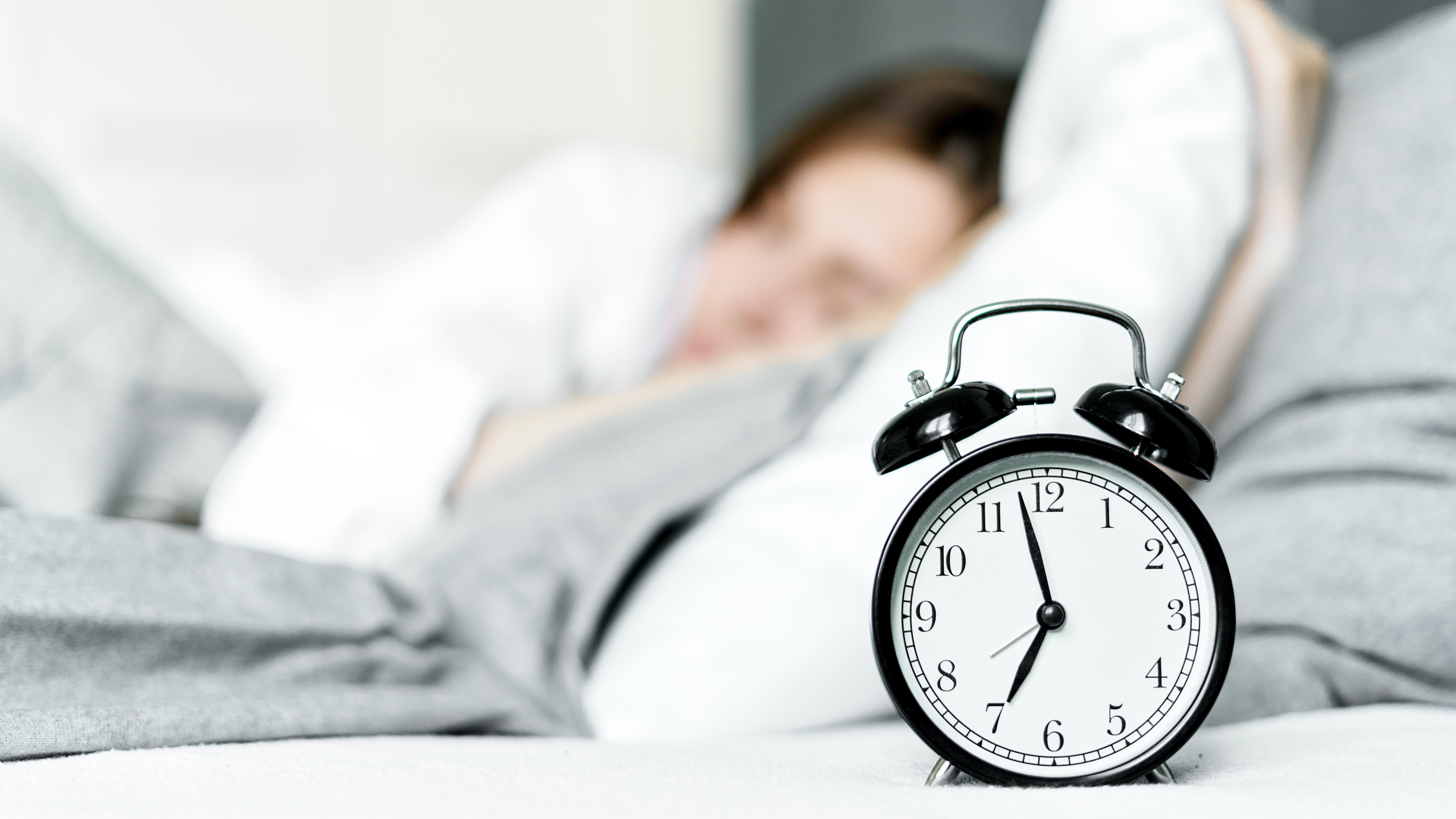
1. Create a bedtime routine
Nightly routines are just as important for adults as they are for children because they signal to your brain that it’s time to relax for sleep. Routines get your body used to when it’s time to sleep and when it's time to wake up. When thinking about what to do (or not do) as part of your nightly routine, Dr Tang recommends the following:
- Stop drinking caffeinated drinks about six hours before your bedtime
- Switch to camomile tea or warm water or milk instead
- Plan for the next day by preparing your outfit and lunch
- Have a bath, which tends to be more soothing than a shower
- Stop scrolling through social media/your smartphone one hour before bedtime
- Keep a writing pad by your bed for if you wake in the middle of the night and need to remember something – write it down (try not to open your phone)
Other things you could do as part of a relaxing bedtime routine include:
- Reading
- Light stretching or gentle yoga
- Aromatherapy self-massage
- Meditation, including body scans and sleep meditations
- Listen to a calming audiobook or music
- Go to bed at the same time every night to get your body clock used to it
What if your nightly routine doesn't work? “If nothing helps, maybe getting up and repeating the pre-sleep routine can help distract and create a new association between sleep and your wind-down routine,” suggests Johanna Scheutzow. "There’s nothing worse than lying in bed, trying to wrestle with your worries."
Sign up to get the BEST of Tom's Guide direct to your inbox.
Get instant access to breaking news, the hottest reviews, great deals and helpful tips.
If you're struggling to drop off, follow the 15 minute sleep rule, get out of bed and distract yourself. When you're feeling tired again, go back to bed.
- Learn how to sleep with a cold - a sleep doctor advises
2. Try gentle exercise
“Sometimes people find exercising at night helps," says Dr Tang. "Others don’t, so heed your body’s response to whatever you try. After exercising, a bath tends to be more soothing than a shower (unless it feels ‘too long’ for you).”
The latest research suggests that vigorous exercise (think interval training) should be avoided one hour before bed because it can make it more difficult for you to fall asleep. But more relaxing exercise in the evening, such as Tai Chi and gentle yoga, could help.
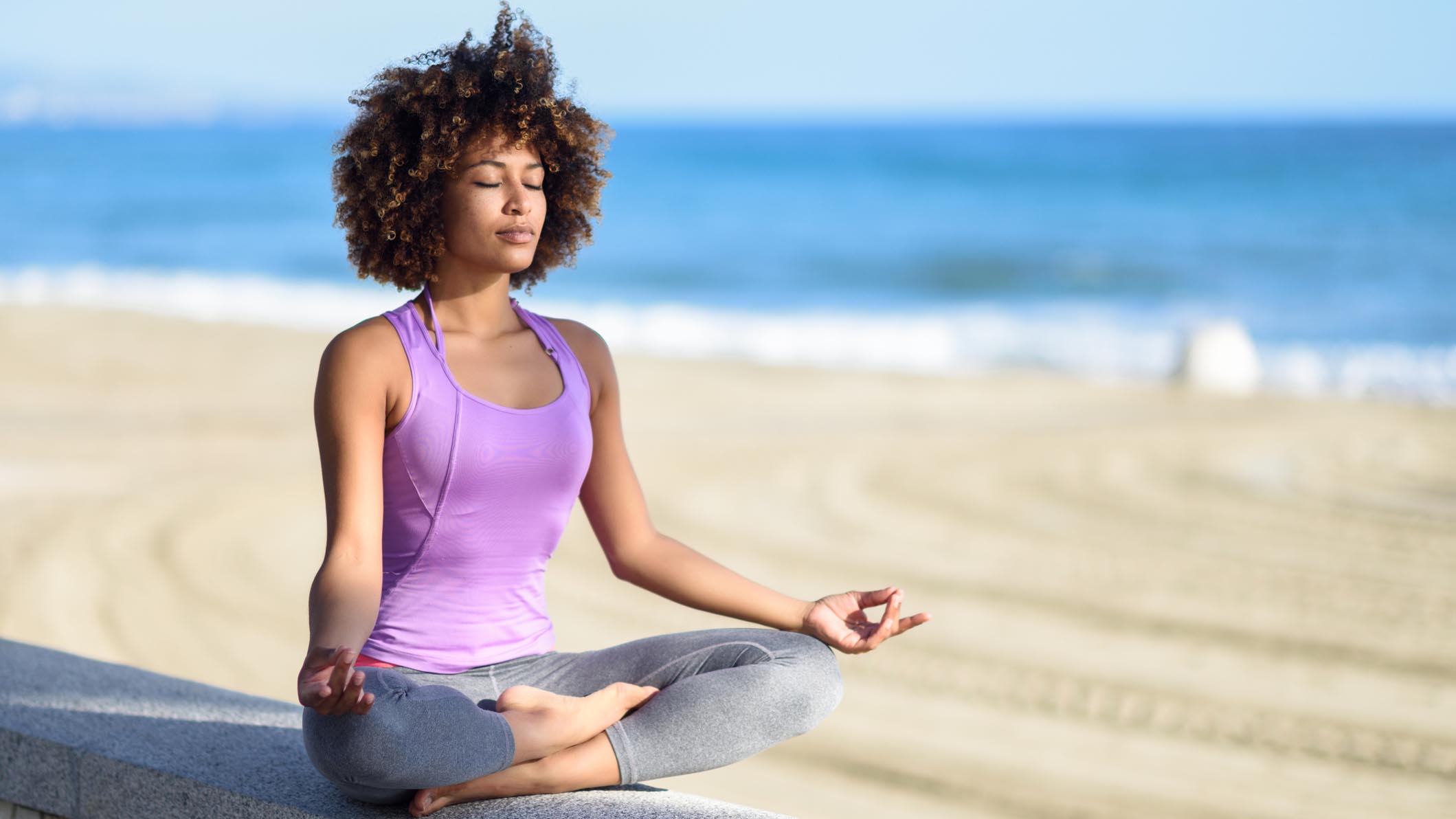
3. Use deep breathing
When you're anxious, your breathing will be faster and more shallow, which is the exact opposite of what you need to feel relaxed for sleep. Deep belly breathing, on the other hand, helps you gain control over your bodily sensations, which in turn manages anxiety’s mind-body connection a little better. So focusing on deeper, slower breaths helps you relax for sleep.
Here Dr Tang recommends simple centered breathing and it’s easy to do: “Breathing in for four seconds, holding for two seconds, and breathing out through the mouth for six seconds while listening to nature sounds, gentle music, or even a relaxation podcast can be the final step for a restful night.” You could also try the body scan meditation technique to help calm down before bed.
4. Keep your bedroom dark
“On average, a person’s circadian rhythm (body clock) naturally rises and falls in energy within a 24 hour period,” explains Dr Tang. “This responds well to light, especially natural light. If it’s dark our brain signals to release melatonin, which makes us sleepy.
“When it’s light – especially if there’s natural light – melatonin stops. So if you wake up with natural daylight outside, it can be difficult to return to sleep again because your internal processes are already signaling that it’s time for you to rise.
“Small things like making sure your bedroom is well ventilated, dark enough and at a comfortable temperature will help.”
5. Get clear on how much sleep you need
Did you hear that one about how every person needs eight hours of sleep a night? It’s a myth, so don’t panic if you naturally feel better after six, seven or nine hours’ sleep. How much sleep you need differs by age, too. “While research would suggest that on average adults need around seven to nine hours’ sleep, children need more,” Dr Tang says.
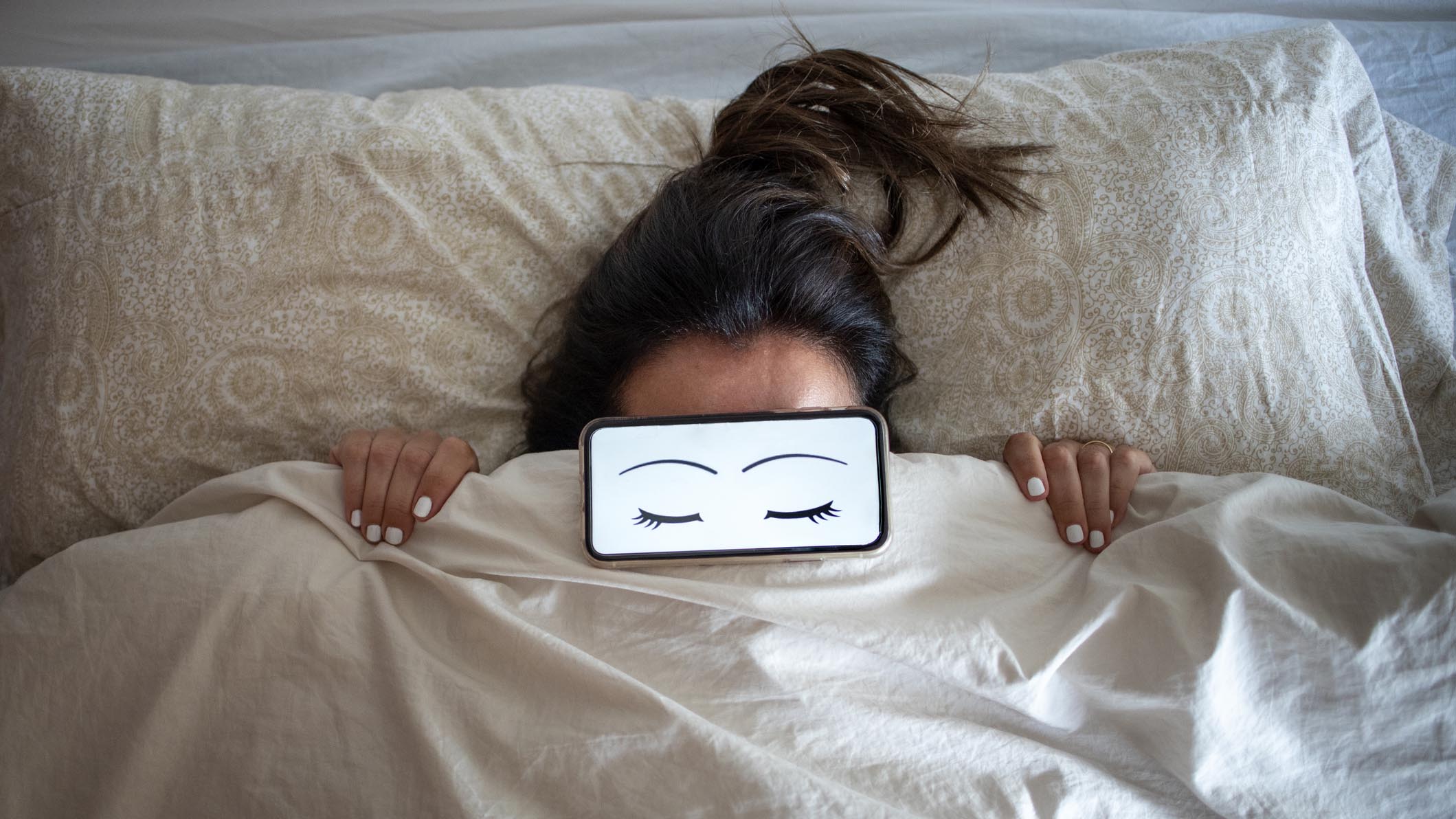
“As we age we need less, and some people function very well on different patterns such as Biphasic Sleep: sleeping in two short periods and then napping in the day. Power napping is also beneficial for some. When it comes to sleep, I would always say try to get the number of hours that works for you.”
To learn more about how much sleep you need, read our expert-led feature on how to fix your sleep schedule.
How does anxiety affect sleep and relaxation?
When you’re anxious and stressed, your brain thinks there’s a threat (whether it’s real or not), so your body prepares to react and your flight or fight response kicks in. That’s when things get tricky for sleep.
“On perception of a threat, the amygdala (the part of the brain responsible for emotional processing) sends a ‘distress’ signal to the hypothalamus, which in turn activates the Sympathetic Nervous System, resulting in epinephrine (adrenaline) being pumped into the system,” Dr Tang explains.
Your heart beats faster, blood rushes to your vital organs, and your heart rate increases. Your lung capacity also widens to take in more oxygen and once that reaches your brain, your senses become more acute.
“Getting your blood pumping can help clear your mind. Getting outside also has huge benefits for mental health. Fresh air helps clear our lungs, and sunlight naturally stimulates the production of vitamin D which also assists our immune system. Exercising in the sun can help produce endorphins (the body’s natural pain relievers), serotonin (helps regulate sleep and appetite), and dopamine (the 'feel good' neurotransmitter).
“After that initial surge subsides, the HPA axis (the hypothalamus, the pituitary gland and the adrenal glands) are activated and they recognize hormonal signals which tell them to continue in this state of high alertness, which, if needed, is enabled through a release of cortisol,” says Dr Tang. “If it isn’t, the Parasympathetic Nervous System kicks in to dampen the stress response.”
Has your heart rate spiked just reading that? Well, imagine trying to sleep with that energy coursing through you. Our brain keeps us safe and alive, but to try and sleep with all of this going on is pretty impossible. “However, we must remember that this is an evolutionary response, most effective at a time when fighting or running were the appropriate responses to a threat.
“It is less effective now when threats come in the shape of deadlines, relationships and overthinking, but that means we need to find ways of making it clear to our body and brain that we are not in physical danger.”
What do you if you wake up and can't get back to sleep
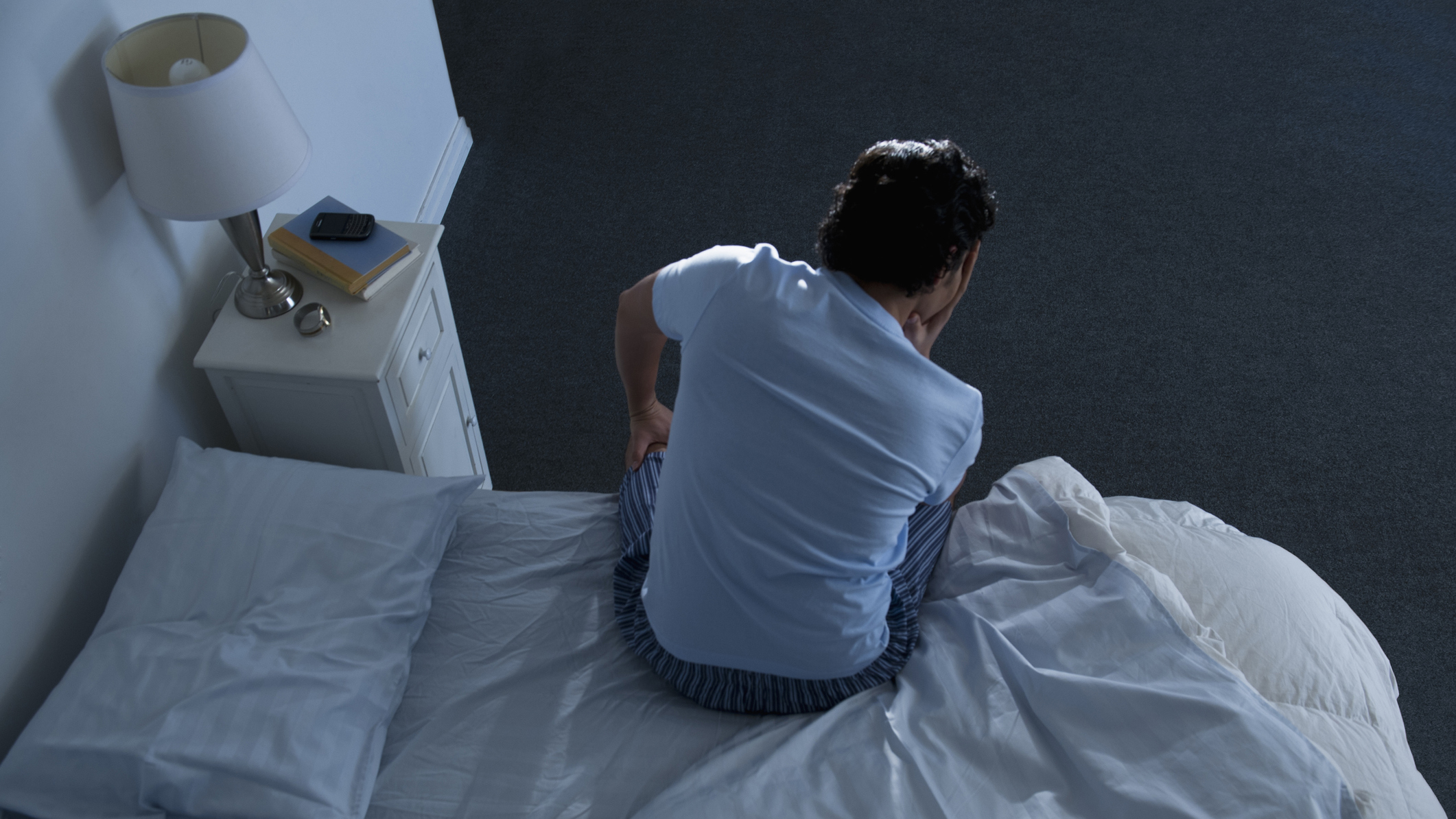
It's common to wake up during the night, but some people wake so fleetingly they don’t remember doing so. For others, they may wake up because they need to pee, after which they can easily get back to sleep. But if you keep waking repeatedly in the night and are unable to drift off again easily, you should speak to your doctor.
Here's what to do if you wake up in the middle of the night and can't get back to sleep...
1. Get out of bed
It’s frustrating to keep waking up in the middle of the night, but lying there for a long time after waking, worrying about how you can’t sleep, will only make it worse. “Get up and do something (ideally not on your phone or computer), such as reading a book. It’s best not to associate your bedroom with the feelings of stress that you cannot get to sleep.”
If you think your bed has something to do with it, consider using one of the best mattress toppers to make your sleeping space more comfortable.
2. Consider altering your nap routine
Naps can be beneficial, but it depends when you’re napping and for how long. “Research shows that a 20 minute nap in the afternoon seems to provide more rest than 20 minutes more sleep in the morning” reveals Dr Tang. “But this could also be because we may feel tired after a lunch as we digest our food – and if that’s the case – our bodies digest better when upright.
“That same research would also suggest that if you nap after 3pm, it may affect your sleep pattern later on. If you’re noticing that a nap seems to result in waking more often at night, try meditation rather than a nap, which can be just as refreshing.”
3. Deal with your worries in the daytime
“Unfortunately, sometimes waking up is a symptom of stress. If this is the case, it may continue until the stressor is removed," explains Dr Tang. "As difficult as it can be, it may be that you need to consider what actions you can take to manage your situation. Once that has happened, restful sleep may return.”
“To ensure better sleep, it's also helpful to schedule in ‘worry time’," advises Scheutzow, "which could be 15 minutes two times per day, well before bedtime." During this allocated time you have free reign to worry about anything, but when writing them down, commit to then doing one of three things: do something about your worries, delay them, or delete them.
Scheutzow explains: “Some worries can be solved and are urgent, so schedule time to solve them. Some worries are important but don’t need to be solved right away, so you can delay them. Some are not important, so you can delete them.”
When should a person see their doctor?

“It’s really when you begin to realize things aren’t right, or if you notice clusters of signs. This is where knowing your [stress] responses can be of use.” To do this, Dr Tang suggests a body scan. “When you have a few moments to yourself, relax in a seated or lying down position. Working your way up or down the body, tense then relax your muscles (for example, your eyes, jaw, shoulders, hands, feet). This way you can recognize the difference between your body in a tensed or relaxed state.
“Sometimes you might be doing things like clenching your jaw or grinding your teeth without realizing. Knowing the difference between how your body feels in alignment, and when it’s uncomfortable, can be another way to recognize your personal warning signs of stress.”
For those of you who think that stress and exhaustion are things to ignore until they go away, Dr Tang has news for you: “Even if you’re not at the point of diagnosis, view any negative emotions you are experiencing as a warning (like a petrol light) that something needs to be done.
“Even if you do not wish to seek professional intervention yet, try to identify the root of your worries and address it if you can.” Dr Tang also recommends trying a simple emotion meditation. To do this, think about a time when you were:
- Happy
- Sad
- Pleasantly surprised
- Fearful
- Feeling loved
- Angry
- Confident or successful (end this on a positive emotion)
“As you reflect on those memories, see if you can identify which part of your body you feel that emotion in. Some people may feel anxiety in their gut, others in their chest. Knowing which works for you, like the body scan, can help you recognize when you might be needing extra support.
“Remember that change is hard, especially when it’s a change in habits of a lifetime. It might well be that a level of anxiety seems comfortable for you and it can take a lot of courage to recognize that it doesn’t have to be that way," says Dr Tang.
“One way to work to beat that rut now is to look at change as having three zones. The first is the Comfort Zone (the place where we spend the most time), the next is the Stretch Zone and the third is the Panic Zone. Neither our brain nor our body wishes to get into the panic zone, but stretching can actually feel quite nice.
“Therefore, do something that pushes you a little into the stretch zone every day. When you get used to the stretch, you'll find that it becomes comfortable, and suddenly your old Panic Zone has moved to become the new Stretch Zone."
Dr Audrey Tang’s book, The Leader’s Guide to Resilience (Pearson) is available to buy now from Amazon.
Read more:
- The best memory foam mattresses for comfier sleep
- America's best mattress in a box for all budgets
- Keep your bed fresh with the best mattress protectors
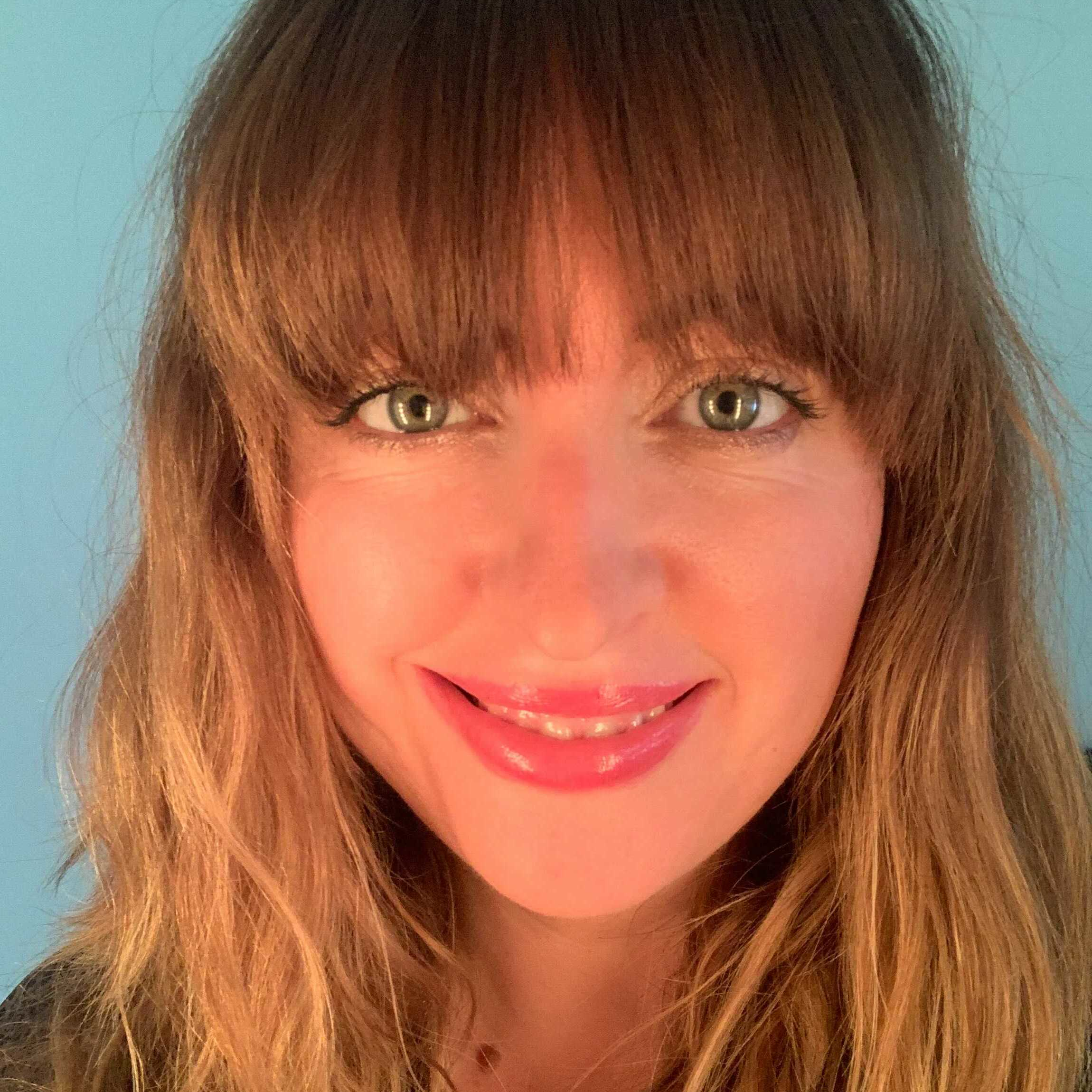
Claire is a Certified Sleep Science Coach and the Senior Sleep Editor at Tom's Guide who curates our mattress buying guides and oversees our rigorous mattress testing procedures. Claire has over 16 years’ product review experience and is connected to a wealth of globally renowned sleep experts including mattress designers and buyers, neuroscientists, and doctors of sleep medicine. Claire is responsible for all mattress and sleep content published on Tom’s Guide and is our expert on Saatva, DreamCloud, and Nectar mattresses. Claire is also certified to advise people on how to choose a mattress that suits their needs and budget, as well as helping them to create a nighttime routine and bedroom environment that helps them sleep better.
